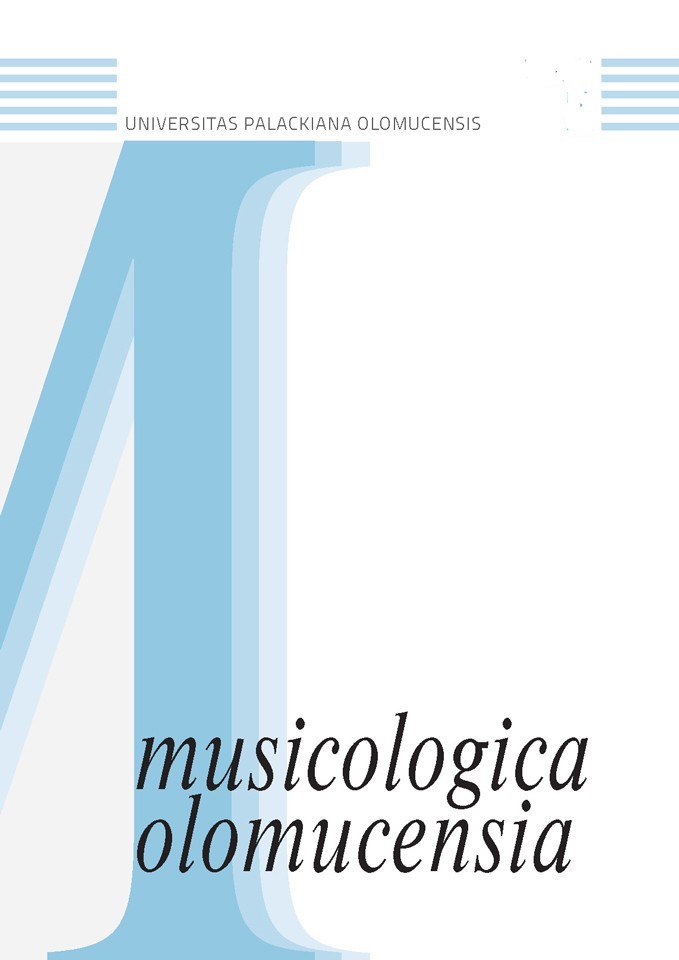Wien um 1900 und die Wiener Rezeption der Werke von Zdeněk Fibich
Vienna ca. 1900 and the Viennese Reception of Works by Zdeněk Fibich
Author(s): Vlasta Reittererová, Viktor VelekContributor(s): David R. Beveridge (Translator)
Subject(s): Cultural history, Music, Social history, Sociology of Art, History of Art
Published by: Univerzita Palackého v Olomouci
Keywords: Reception of Fibich’s works; Vienna;
Summary/Abstract: Vienna was a city of many nationalities with a population coming from all parts of the monarchy. This fact established the prerequisites for relations of a positive nature and yielded positive results, such as the capability of communication in more than one language, opportunities for mutual cultural inspiration, and the like, but also created a hotbed for growth of xenophobic feelings aimed in various directions. Assimilated Bohemians, Moravians, and Slovaks with their pro-Austrian sentiments formed a strong contrast to German nationalists and thus served as a reinforcement for liberal and social-democratic political agendas. As concerns Vienna, Czechs were the only stratum of its population that could really be considered a national minority and acted as such in relation to the state and the land of their origin. The exclusive position of the Czech minority was determined by geographical proximity to the motherland, with which ties were maintained, and by its social makeup. No other minority created a structure of organizations and societies in Vienna with such a broad range of interests. The share of Bohemians and Moravians in the city's cultural life played a role in the reception of artists coming from those regions and of their works, in their integration into Viennese cultural life, and in generating feedback to the land of their origin. This contribution is devoted to the reception of works by Zdeněk Fibich on both levels: in official Viennese (German-language) musical life and in enterprises of the Czech minority. Period opinions concerning Fibich and his works are documented based on responses to performances of his works, while broader geopolitical and aesthetic associations are also suggested. Although incomparably fewer works by Fibich were performed in Vienna than by other Czech composers (quite apart from Dvořák, who clearly predominated), he did find his devotees and promoters in Vienna among journalistic, artistic, and private circles. Fibich was considered a modern composer with the courage to experiment, although he built on the bequest of his precursors and linked his work to theirs. He was called the continuation of the Smetana-Dvořák line of development, but was viewed as having freed himself from stylistically-narrow nationalist ties, taking instead a cosmopolitan stance.
Journal: Musicologica Olomucensia
- Issue Year: 12/2010
- Issue No: 1
- Page Range: 17-62
- Page Count: 46
- Language: German

